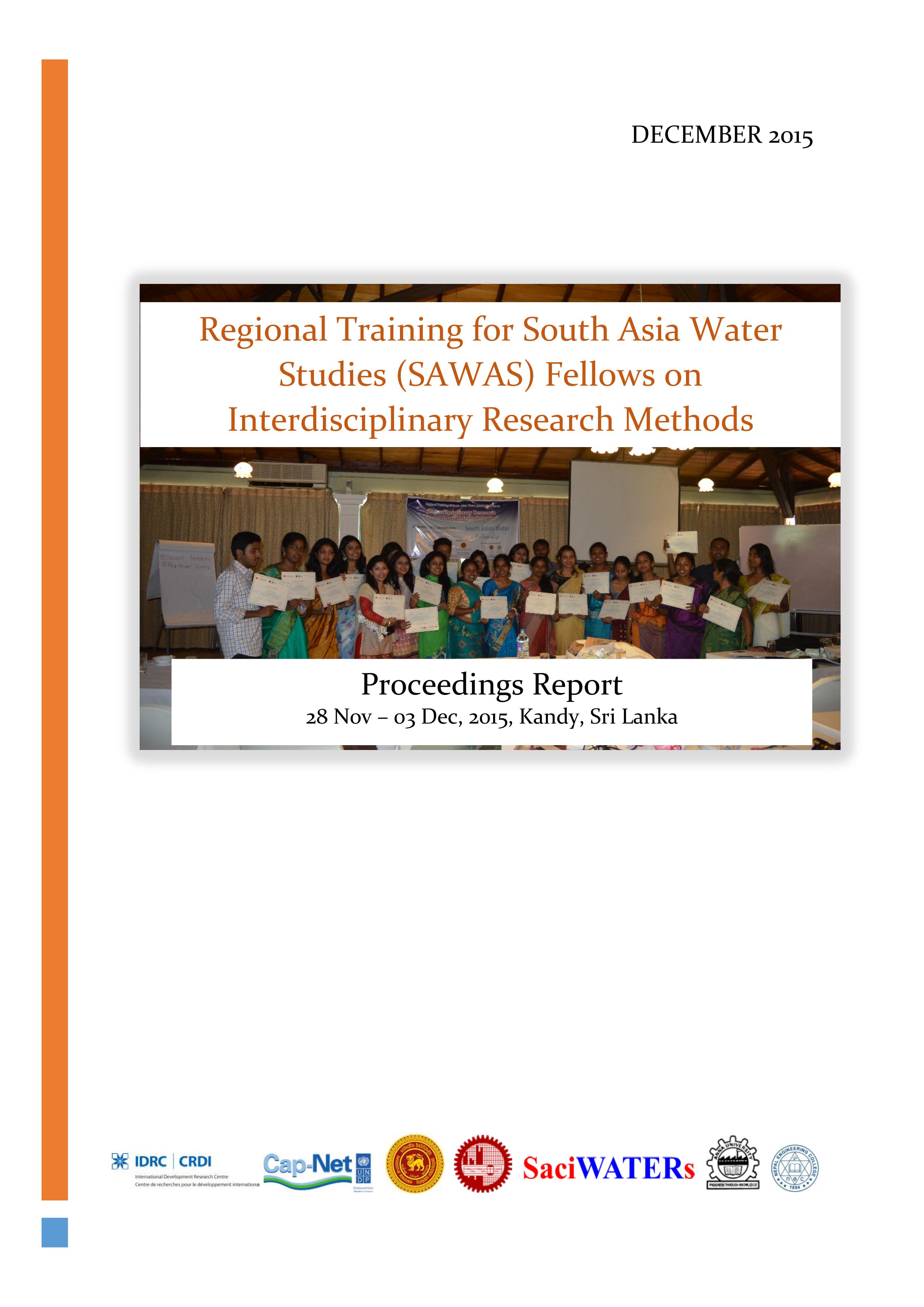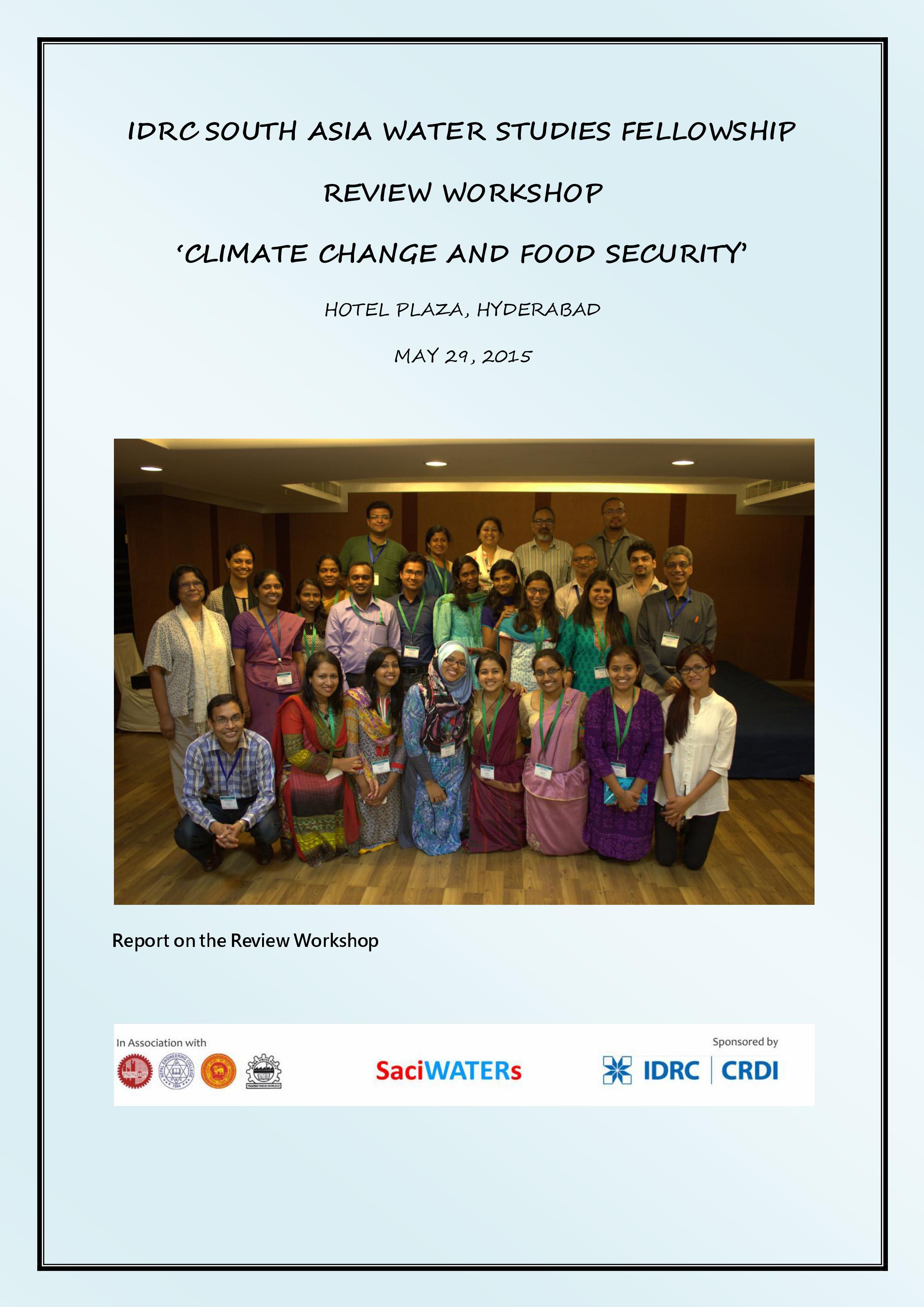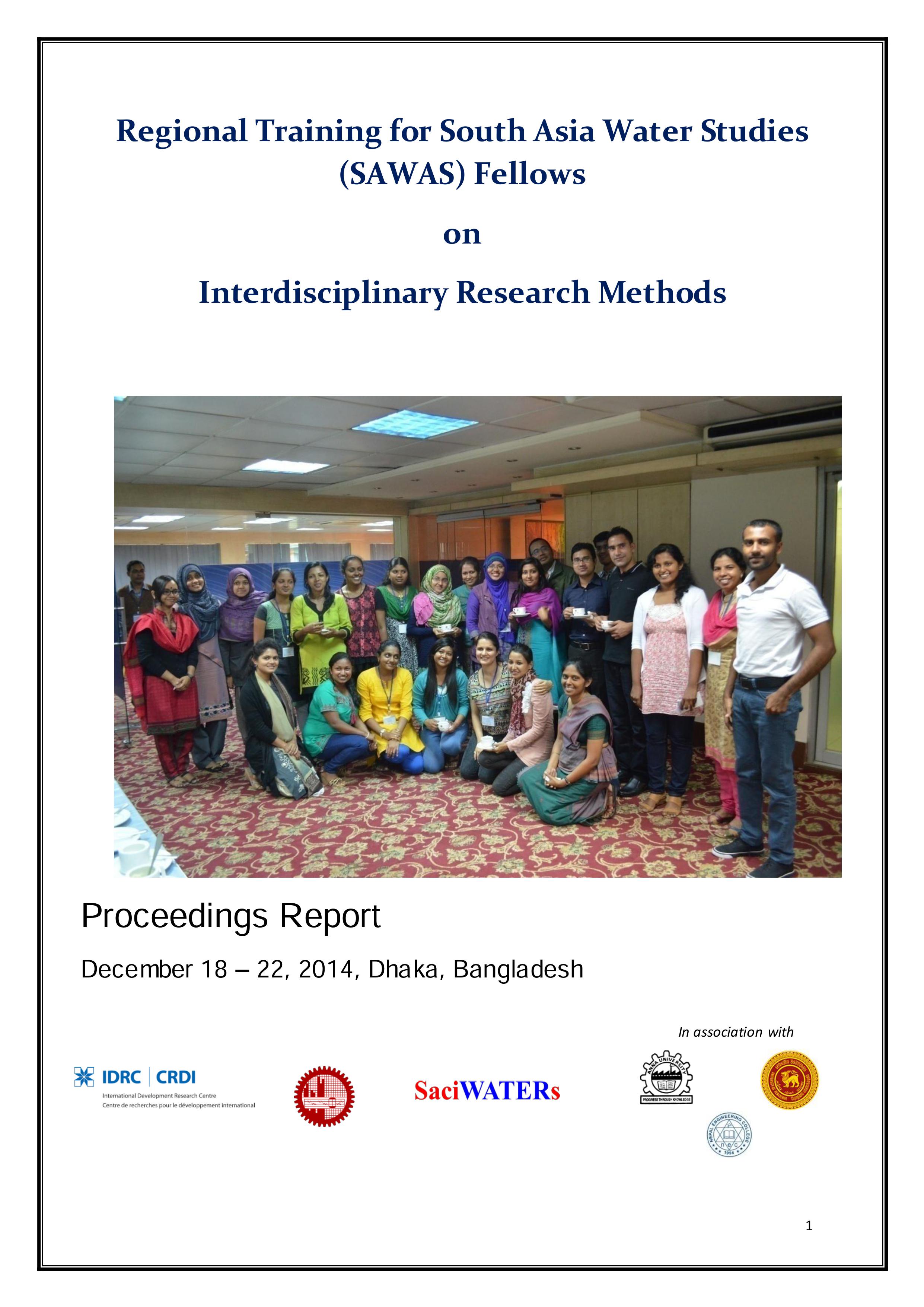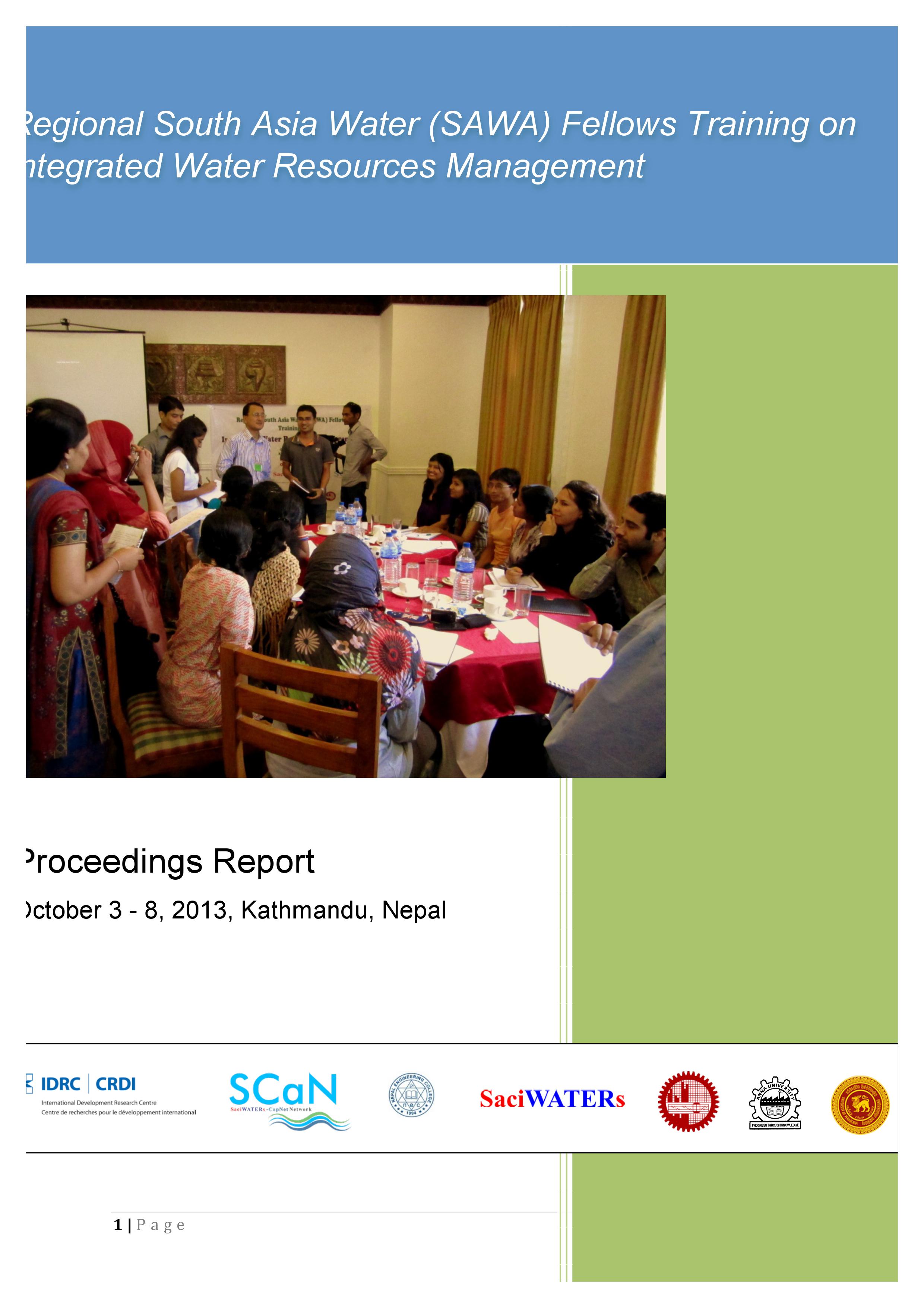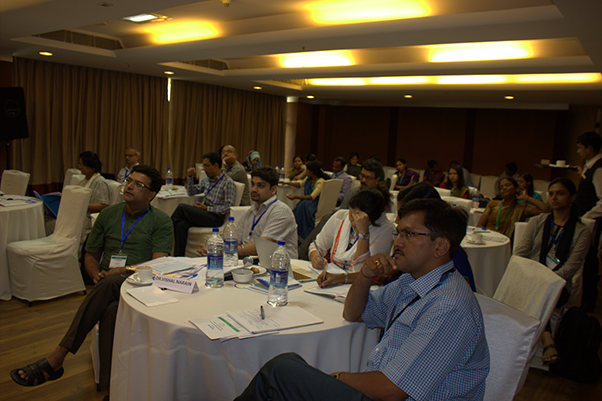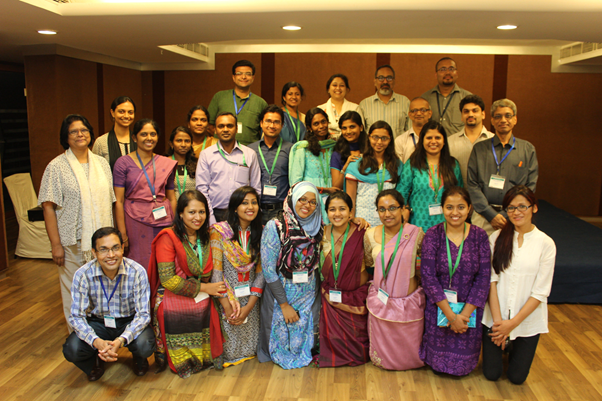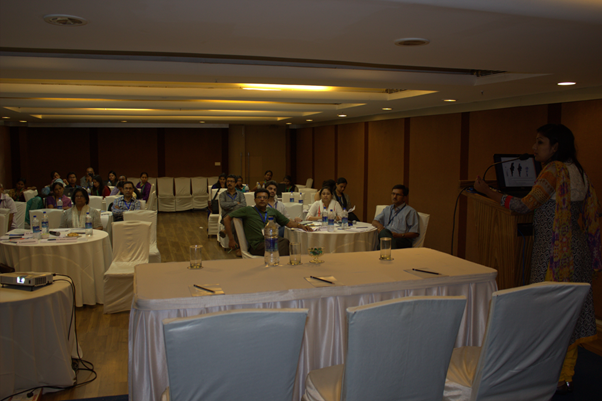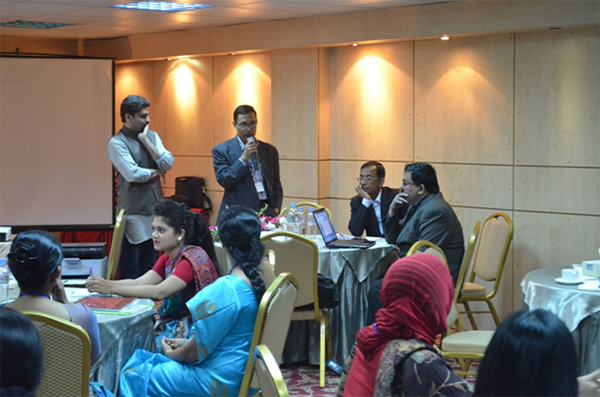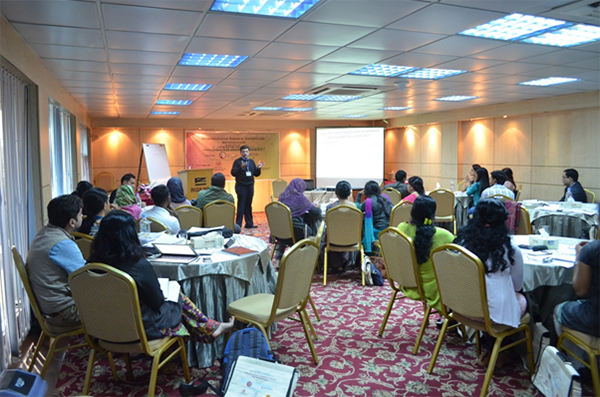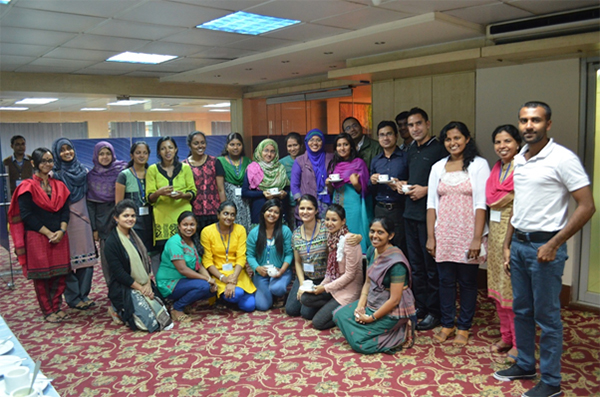South Asia's agricultural economies are vulnerable to extreme environmental events. Better management of water and other natural resources is fundamental to the development of the region. Climate variability and change, food insecurity, population growth and urbanization have intensified environmental disasters in the recent past. Poor land and water resource allocation, utilization and pollution have robbed the poor, particularly women, of livelihood and dignity. Such broad, yet closely linked issues can only be effectively tackled through a holistic interdisciplinary approach. The IDRC-SAWA fellowships seek to address these issues, by providing the opportunity to train a generation of water professionals to tackle water issues using multi-disciplinary approaches that are sensitive to women, the poor, environment and sustainability.
This project continues a part of an earlier project coordinated by SaciWATERs namely the Crossing Boundaries project. This project is funded by the International Development Research Centre (IDRC) and is implemented by SaciWATERs and its four partner institutions, namely.
- Institute of Water and Flood Management (IWFM) of the Bangladesh University of Engineering and Technology (BUET), Dhaka, Bangladesh
- Center for Water Resources (CWR), Anna University, Chennai, India
- Center for Post Graduate Studies, Nepal Engineering College (nec), Kathmandu, Nepal
- Post Graduate Institute of Agriculture (PGIA), University of Peradeniya, Peradeniya, Sri Lanka
The objectives of the project are firstly; to create a new generation of 60 interdisciplinary water professionals in South Asia trained to deal with issues of climate change adaptation, water and food security, in order to do this, this project has instituted the IDRC-SAWA fellowships. Secondly, the project aims to generate action-oriented research in the aforementioned fields through Master's degrees in Integrated Water Resource Management in Bangladesh, India, Nepal and Sri Lanka. Thirdly, it has been noted that women and girls are often the primary users, providers and managers of water in rural and urban households, thus being the most affected by planning and policy in water resources. It has often been seen that women's voices are not taken into consideration when forming policy. Additionally, it is seen that women are underrepresented in the field of water resources engineering and policy making. This project seeks to address this imbalance by awarding 80 percent of the fellowships to women; the rest of the fellowships will be awarded to men from lower socio-economic groups. Fourthly, it aims to share knowledge and ideas about water issues in the South Asian context, through meetings and exchanges between fellows. This is especially important as it fosters the spirit of regional and transboundary cooperation in the fellows, which would hopefully lead to larger regional cooperation in future. Such interdisciplinary, regional and transboundary co-operation is essential for IWRM approaches. Fifthly, the projects supports free access to the journal "South Asian Water Studies" and encourages young water professionals to publish peer reviewed journal articles.
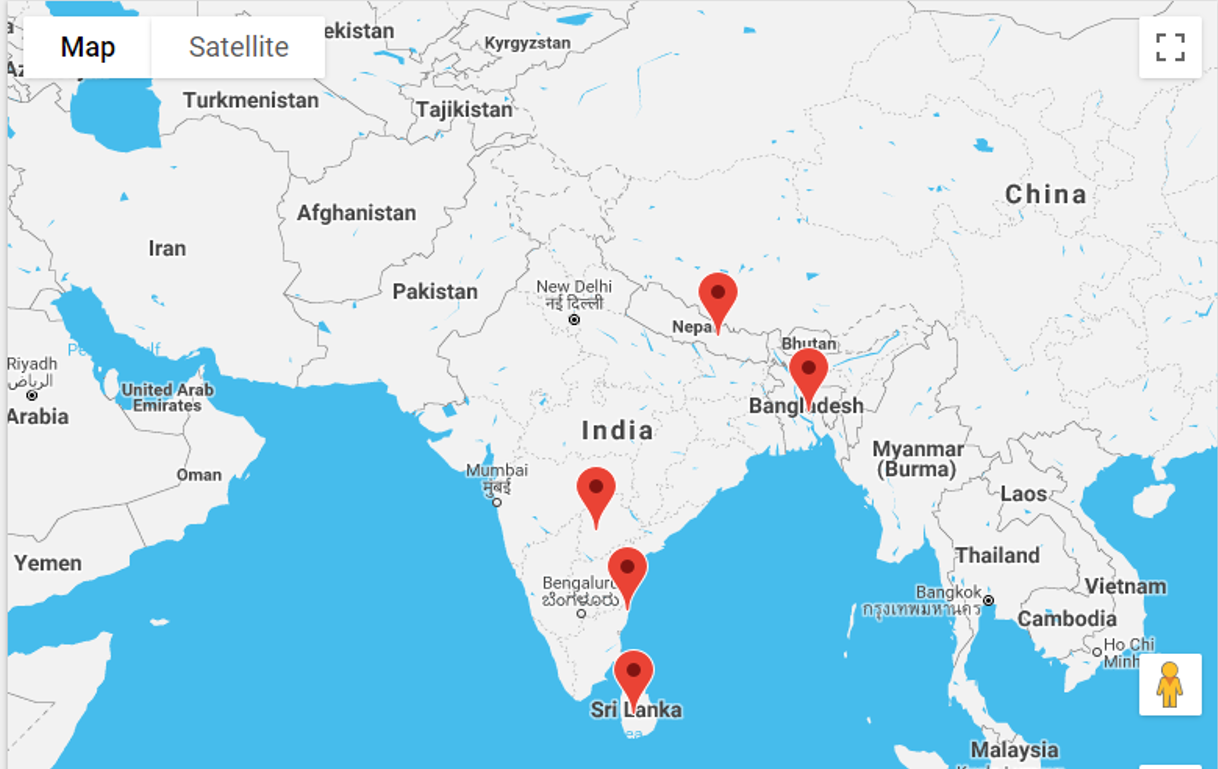
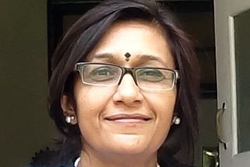
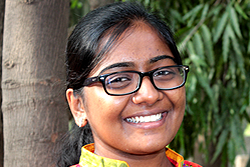
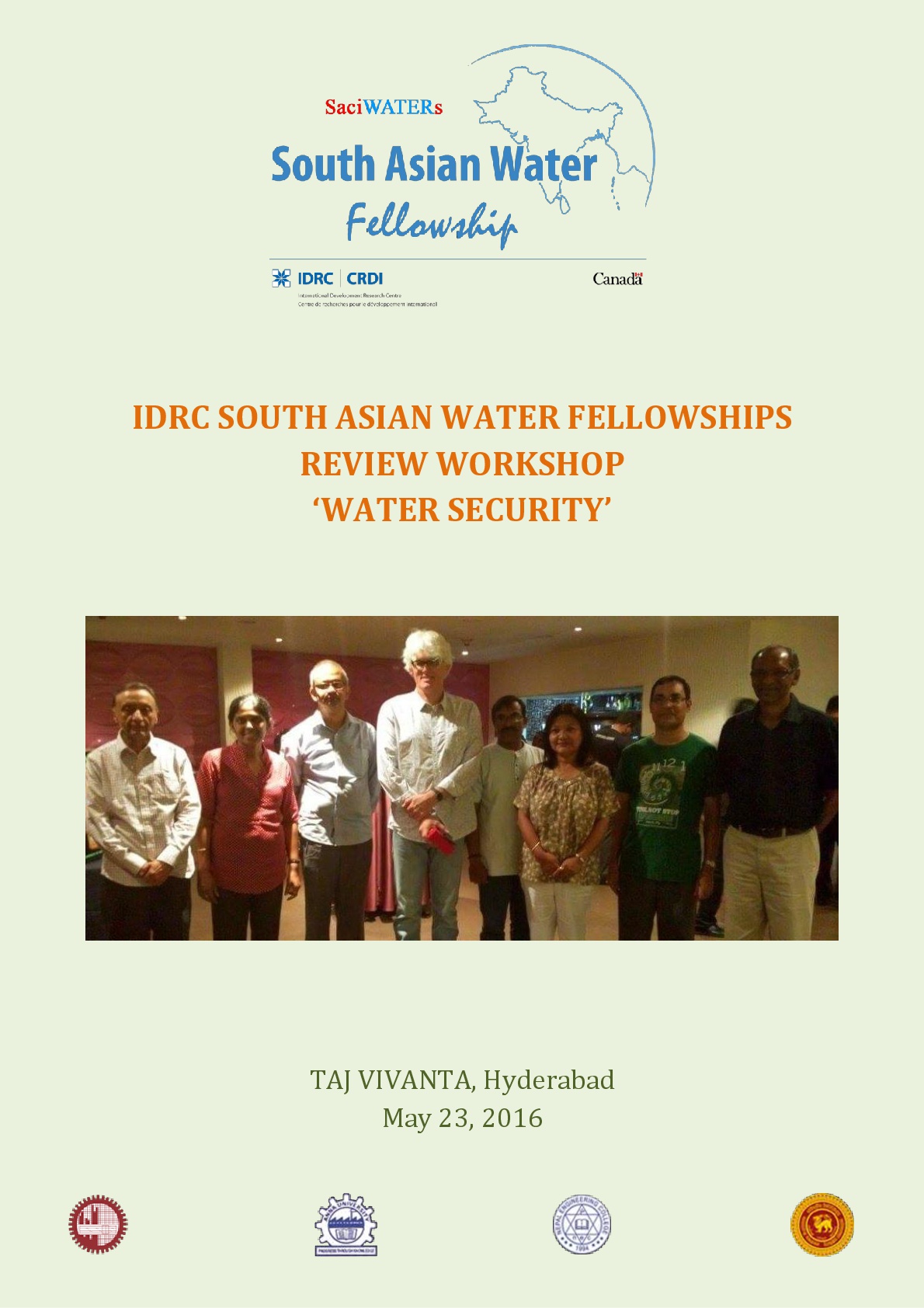
.jpg)
